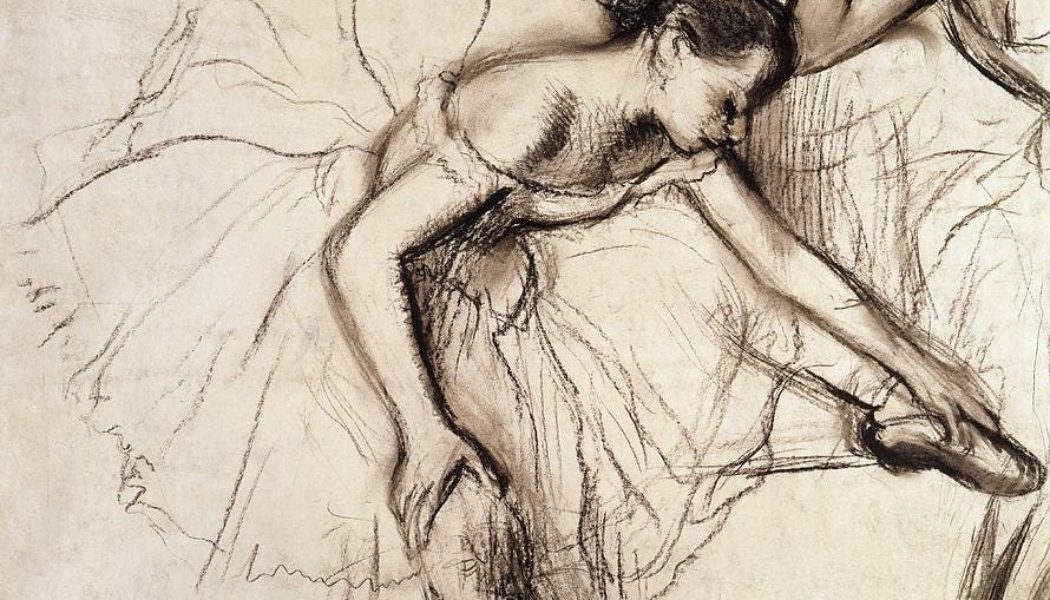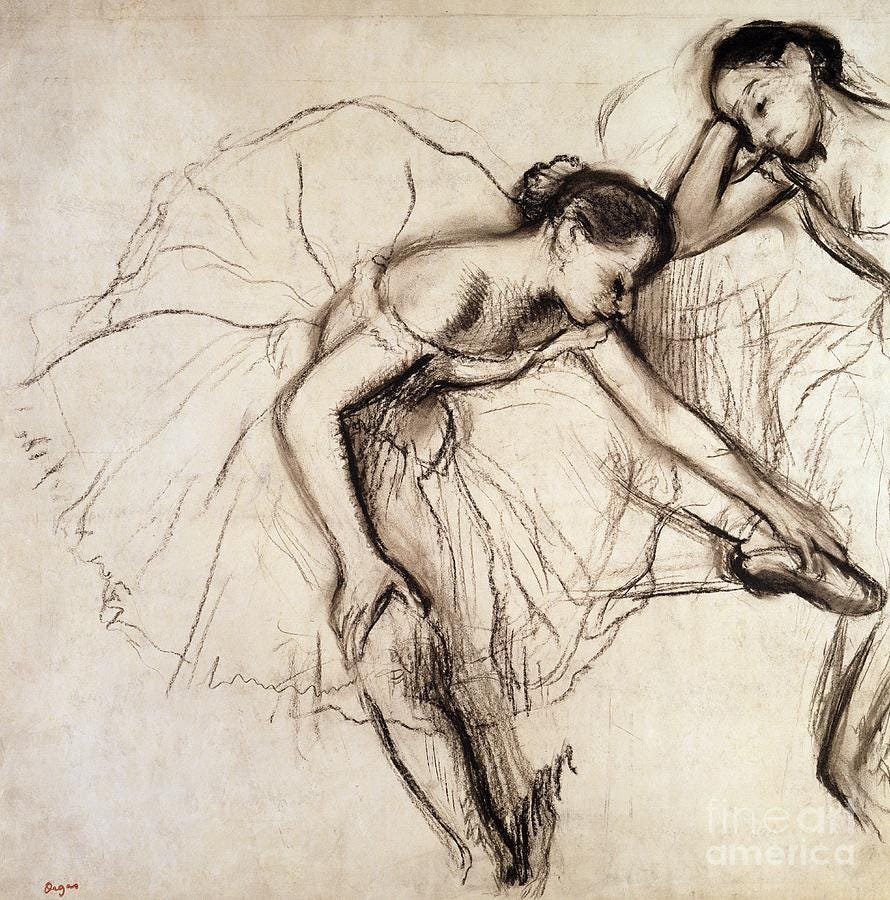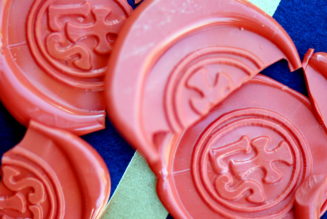Do you feel burned out?
It’s that feeling of lethargy. A tiredness that is deep in the bones.
It is different from physical tiredness. A good night’s sleep will not cure it. It is a sort of tiredness not only or primarily of the body and mind. It is a tiredness of the soul that defies simple explanation or solution. When we suffer the effects of burnout, we yearn for rest and recuperation, but it seems impossibly out of reach.
At some point in our lives, most of us feel this way. If we do not feel burned out at the moment, it’s likely that we have felt so in the recent past. Or we will feel so again in the future. Or we will at least be in contact with those who do.
Exhaustion: The New Status Symbol
Burnout is a fairly novel term that has become more popular in our day. In part, I think, because we live in a world where exhaustion is the new status symbol.
If you feel exhausted, it must mean that you are accomplishing a lot. And if you are accomplishing a lot, that must make you a more impressive and “better” person. And who doesn’t want to feel more impressive, better, and special?
We can measure this sort of busy-ness in different ways. An attorney can measure it in the number of hours billed per week. A financier can measure it in the number of deals closed or clients acquired. A student can measure it in the number of extracurriculars attended or the quality of grades earned.
All of these objectives can be good so long as they exist in proper proportion to the other goods of life. But often the busy work of life can exceed its due proportion and become an end in itself. Where does this drive come from?
External Validation as a Driver of Burnout
I think this drive often arises from a misplaced desire to validate our own worth.
If we do not feel internally secure in our own goodness, we will look to external measures of validation. This can come in the form of our salary, our professional title, the length of our CV, the length of our subscriber list, or whatever catches our fancy—which is often dictated by what our immediate community values.
If we do not feel internally secure in our own goodness, we will look to external measures of validation.
These are all like little status points. Life becomes a game to acquire more and more status points in the form of whatever external markers we deem valuable.
The advantage to buying into this game is that this drive for self-validation through the acquisition of external status symbols can give us a great deal of energy and motivation. A student who measures his self worth by his grades will be highly motivated to do well in school. The same goes for the investor who measures his self worth by the size of his returns. And ditto for the athlete who derives his sense of self from his bench press, golf score, or mile time.
The bad news is that there is no end to the quest for status points. There is always more to acquire. And there are always other people who seem to have more status points than we do.
This sort of status is precarious because it is always comparative and relative. If your worth comes from how much money you have, you must have less worth than the person with more money. And so on for whatever we want to measure. So we can often destroy ourselves in the process of trying to acquire further and further external tokens of our worth, neglecting the important things in life to acquire the status tokens that promise to purchase our dignity.
Life becomes a game to acquire more and more status points in the form of whatever external markers we deem valuable.
Those who push themselves the hardest to acquire self validation through external tokens often become addicts of some sort. To be an addict is to be “stuck” on something that feels good to us in the short term but badly harms us in the long term. Without an escape from the wounds of a broken self, unable to rest, the call of artificial pleasure beckons in all its illusory forms—an escape from the pain of reality and the un-winnable game of trying to be “good enough.”
The odd thing in all of this—it would even be comical if it were not so tragic—is that what we consider a “status point” might be meaningless to someone else.
I have no idea how to rank the top law firms, the top hospitals for residency placements, or the top private equity firms. But some of my friends could instantly place somebody in a hierarchy based on where they work.
Or, again, someone might value good looks and athleticism. The size of your waist (where smaller is better) or the size of your biceps (where bigger is better) are external markers for some people of an intrinsic worth they do not recognize.
To repeat, these can all be good things if taken in proper proportion. The problem comes when our ultimate sense of identity is based upon them. But if we can get unstuck from these status points, we can find a new kind of rest and work.
What Are You Worth: Our First and Second Goodness
Where does all of this external status-seeking lead? I would propose: to burnout.
We get burned out because we lose sight of two things:
-
First, our own intrinsic worth or dignity.
-
Second, the true meaning of our work.
If we are dealing with a burnout that comes from the tireless acquisition of status symbols, we could do a little introspection. What is the true measure of my worth as a person? The value of your life cannot be measured in the number of hours you work, the size of your annual bonus, the prestige of the firm you work for, the size of your social network, or your physical strength or beauty.
The value of your life cannot be measured in the number of hours you work, the size of your annual bonus, the prestige of the firm you work for, the size of your social network, or your physical strength or beauty.
That truth seems obvious but most of us base at least some of our worth on these external markers. What, then, are we really worth? In terms of raw materials, the components of a human body are not worth much—oxygen, carbon, hydrogen, and nitrogen (together these elements constitute over 95% of the human body).
Obviously, our worth or human dignity comes from something deeper. This is where we need some kind of philosophy or theology.
Different worldviews find different bases for grounding our dignity. Secular humanists might see our rationality (or at least our capacity for rationality) as the basis for our dignity. Jews and Christians call it being made in the image of God (Genesis 1:26). In Islam, the Quran calls this concept of inherent dignity karamah. Hinduism understands that there exists in each human a drop of the divine called atman. These worldviews are obviously different, with different implications, but they each get at this: we are worth something beyond what we do. What we are worth—our dignity—comes first of all from who we are.
Of course, what we do matters. Our actions matter. But our “first goodness” has more to do with who we are and does not depend on what we do. Each human being has an intrinsic goodness. Our actions do constitute a kind of “second goodness” in us that reflects and stems from our first goodness. But they do not make us good. They reflect the goodness that is already present in us.
Work as Self-Validation vs. Self-Expression
The second issue here is the meaning of our work. The true meaning of work is not the arena for pure self-validation. It is many things: a space for serving others, a means for expressing our creativity, the cultivation of the corner of the world that has been entrusted to us by providence or fate, and, at the very least, the means by which we sustain ourselves and those who rely on us.
These worldviews are obviously different, with different implications, but they each get at this: we are worth something beyond what we do. What we are worth, our dignity, comes first of all from who we are.
Work and a career can then become an expression of our interior goodness and not a game to fill up what is lacking within ourselves. This is not an excuse for mediocrity. Rather, working with the “clean energy” that flows from a belief in our own goodness can unlock untapped creativity and energy. This can transform our work into another kind of game: not as the acquisition of status points but as the pursuit of mastery in a field that serves others, improves yourself, and provides occasional opportunities to enjoy the deep “flow” of the task.
Work in this sense becomes a means of self-expression: not as a purely subjective expressionism, but as reflecting the unique goodness inherent in each person. Working in this way allows us to live with a deeper freedom and authenticity.
The Gift of Rest: Find Your Sabbath
A maximizing view of work that results from a low view of the self will never allow one to rest. If your worth depends on what you accomplish, you will never be able to truly rest. Because as soon as you stop working, your value diminishes.
But if we are already good inside, we can rest. For our worth does not ultimately come from what we do (important as that is) but from who we are (the source of what we do). If we can re-capture our own sense of dignity, we will be able to rest more deeply and work more fruitfully.
What does that sort of rest look like? That kind of rest might be physical: in terms of sleep and relaxation. But it might also take a kind of waking restfulness that is receptive to the beauty of cloud formations, the waves of the ocean or a lake nearby, the sound of a symphony (recorded or otherwise), the ripples of a sand dune in the desert, or whatever beauties your corner of the world offers.
It will also be a communal rest. True rest will bring us deeper into communion with our loved ones, friends, and family. To enjoy the simple pleasures of life, the play and games of children young and old, is to find a new energy and strength that can only be described as rest and refreshment for the soul.
While true rest will have some elements in common for all of us, our particular rest will also be unique to us—as unique as each of us is. So I would encourage you: go ahead and rest. Make a daily, weekly, monthly, and annual ritual of rest. Find your sabbath, as one might put it, and honor it.
Free to Rest: Life is a Gift, not a Reward
Why should we rest? The ultimate justification of rest is not simply so that we may work more efficiently. That sort of rest is legitimate and real. But I might prefer to describe that as a break. We need to take a break from physical and mental work. But true rest is not ultimately justified by its relation to work.
From a biological perspective, we rest so that we might live and work. But from a philosophical and spiritual perspective, we rest in order to acknowledge our finitude and dependence. Our lives are in our control. But they are not entirely in our control. And they are not ultimately from our own hands. Our lives are gifts received and remain as gifts to share with others.
Rest is a physical reflection of the spiritual truth that our lives are not entirely up to us. And that is good news. Because it means that we can receive the world as a gift. And not something to earn. We can receive our goodness as a gift.









